Role & Responsibility of an Expert Witness
Arising from a recent expert witness commission, the legal counsel directed R2A’s attention to Makita (Australia) Pty Ltd v Sprowles [2001} NSWCA 305 (14 September 2001), which provides an excellent review of the role and responsibility of an expert witness, at least in NSW.
Arising from an expert witness commission, relevant counsel has directed R2A’s attention to Makita (Australia) Pty Ltd v Sprowles [2001} NSWCA 305 (14 September 2001), which provides an excellent review of the role and responsibility of an expert witness, at least in NSW. The case cites many authorities outlining these responsibilities. For example, (at 59) it indicates that for the professor’s report to be useful, it is necessary for it to comply with the prime duty of experts in giving opinion evidence, that is, to furnish the trier of fact with criteria enabling evaluation of the validity of the expert’s conclusions. This is alternatively stated in a number of different places and ways, for example (at 60);Courts cannot be expected to act upon opinions the basis of which is unexplained. And again (at 69); Before a court can assess the value of an opinion it must know the facts upon which it is based. If the expert has been misinformed about the facts or has taken irrelevant facts into consideration or has omitted to consider the relevant ones, the opinion will be valueless. In our judgement, counsel calling an expert should in examination in chief ask his witness to state the facts upon which his opinion is based. It is wrong to leave the other side to elicit the facts by cross-examination. In keeping with what constitutes expert witness opinion in the above, it remains a source of frustration to R2A that legal decisions can be so opaque to non-lawyers that it requires legal counsel to direct R2A to the best decisions to provide insight in to the workings of our courts. From R2A’s perspective, judgements should ideally be available in plain English on searchable databases, so that the information is readily available to all. Apart from making the life of due diligence engineers easier, it would also enhance the value of the work of the courts to the society they serve. Interestingly, David Howarth (professor of Cambridge Law and Public Policy) whom R2A sponsored to Melbourne last year (2017), made a passing remark that there was a reason for this complexity. It is to do with the fact that judicial decisions can effectively become retrospective in the common law. To avoid this outcome, judges ensure that the detailed circumstances of each decision is spelt out so that any such retrospectivity can be curtailed. Editor's Note: This article was originally posted on 1 July 2014 and has been updated for accuracy and relevance.
The role and responsibilities of an Expert Witness
Arising from a recent expert witness commission, the legal counsel directed R2A’s attention to Makita (Australia) Pty Ltd v Sprowles [2001} NSWCA 305 (14 September 2001), which provides an excellent review of the role and responsibility of an expert witness, at least in NSW.
Arising from a recent expert witness commission, the legal counsel directed R2A’s attention to Makita (Australia) Pty Ltd v Sprowles [2001} NSWCA 305 (14 September 2001), which provides an excellent review of the role and responsibility of an expert witness, at least in NSW.The case cites many authorities and outlines the various responsibilities of each. For example, (at 59) it indicates that for the professors report to be useful, it is necessary for it to comply with the prime duty of experts in giving opinion evidence, that is, to furnish the trier of fact with criteria enabling evaluation of the validity of the expert’s conclusions.This is alternatively stated in a number of different places and ways, for example (at 60); Courts cannot be expected to act upon opinions the basis of which is unexplained. And again (at 69); Before a court can assess the value of an opinion it must know the facts upon which it is based. If the expert has been misinformed about the facts or has taken irrelevant facts into consideration or has omitted to consider the relevant ones, the opinion will be valueless. In our judgement, counsel calling an expert should in examination in chief ask his witness to state the facts upon which his opinion is based. It is wrong to leave the other side to elicit the facts by cross-examination.In keeping with what constitutes engineering due diligence in the article above, it remains a source of frustration to R2A that legal decisions are so opaque to non-lawyers that it requires legal counsel to direct R2A to the best decisions to provide insight in to the workings of our courts. From R2A’s perspective, judgements should ideally be available in plain English on searchable databases so that the information is readily available to all. Apart from making the life of due diligence engineers easier, it would also enhance the value of the work of the courts to the society they serve.Case web reference:http://www.austlii.edu.au/au/cases/nsw/NSWCA/2001/305.htm
